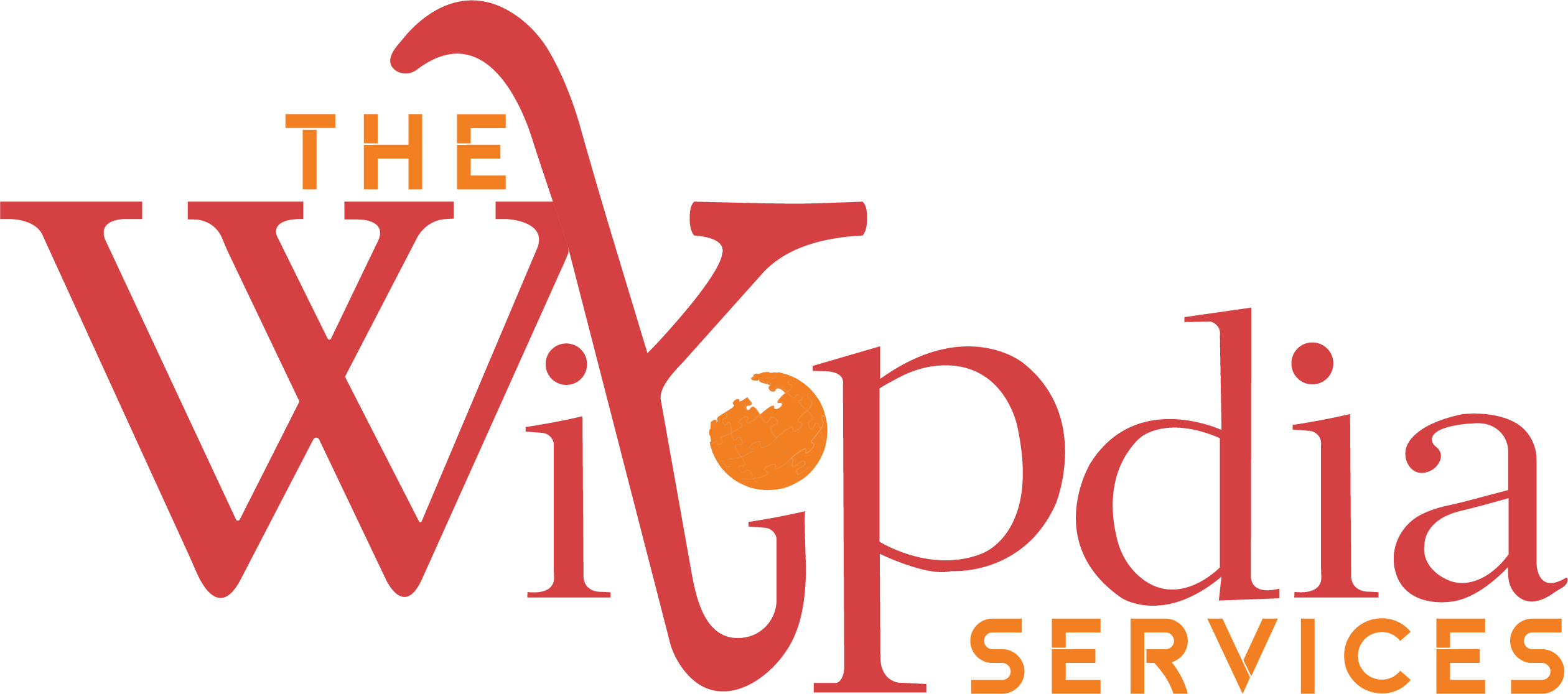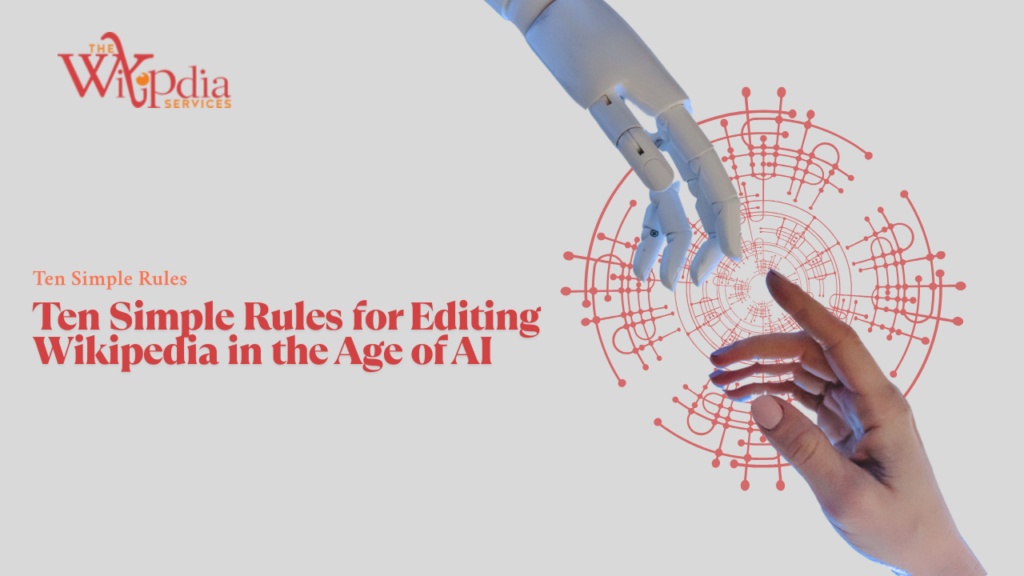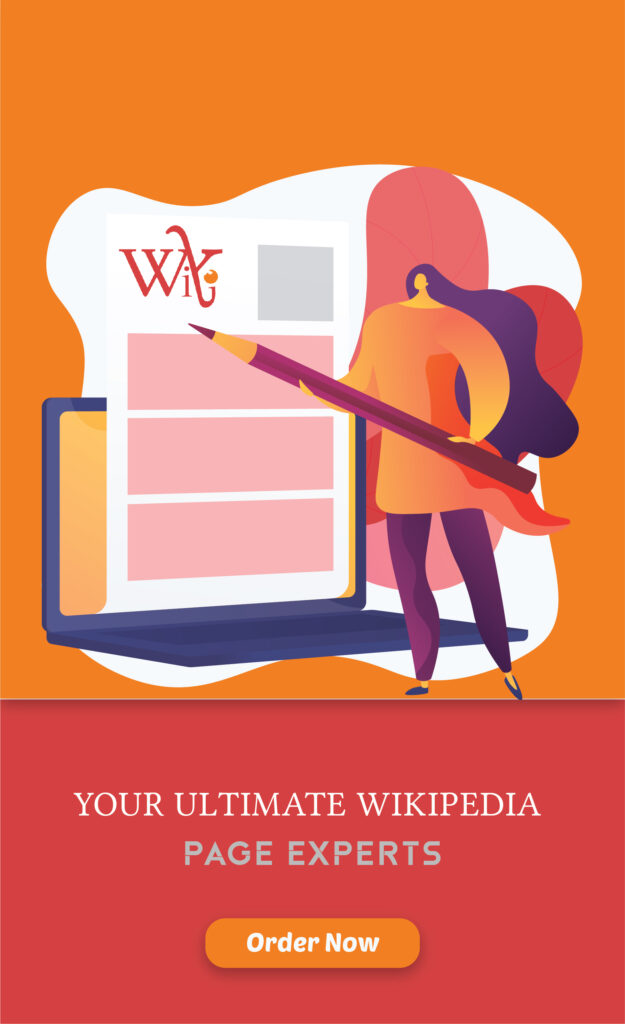Wikipedia continues to be one of the most visited websites in the world allowing millions of users to gain an abundance of free knowledge. However, have you thought about playing a role in this and contributing to Wikipedia? It might feel overwhelming to start editing Wikipedia but with the right set of tools and approaches, especially AI-powered ones you can create and refine pages effortlessly. From novice editors to experienced ones everyone can benefit from these ten simple rules telling you how to edit Wikipedia pages using AI.
Rule 1: Understand Wikipedia’s Guidelines
Every time you wish to add or remove information from Wikipedia, be sure to read its guidelines in depth. Remember, Wikipedia has a very strict neutral point of view policy (NPOV) which means that all content needs to be balanced and based on reliable sources. Knowing this rule will help you edit the document and more importantly, make sure that your changes do not get deleted. Wikipedia assigns a few consultants who help editors with all of these determinants and their rules to aid them in successful content creation.
Rule 2: Always Cite the Right Sources
Wikipedia actively uses the information added from credible and verifiable sources. When you add any info always be sure that it comes from a website, book or academic journal known to be reputable. As consultants make it a point, articles lose credibility without citations therefore, any consultant will add them. Article edits without citations will eventually get reverted which greatly limits your efforts.
Peer-reviewed journals, official government webpages and substantiated news portals are reliable sources. Avoid citing social media comments, blogs where people voice their personal opinions. AI applications can help a lot by searching through databases to find helpful sources.
Rule 3: Use AI for Page Creation
Editing Wikipedia has become effortless thanks to AI tools. Well-organized and properly formatted articles with citations can now be generated with ease. With the use of AI the previously time-consuming task of editing content is more organised. Drafting Wikipedia articles that satisfy the platform’s stringent requirements is doable even for novices.
AI page creators revisit already existing articles on Wikipedia and build a structure around the topic, website tone and guidelines, making it less probable for the edits to get discarded. Using AI creators minimizes the time spent on irrelevant tasks allowing them to focus on important endeavors such as obtaining quality information.
Rule 4: Avoid Plagiarism and Orginal Research
Wikipedia serves as an encyclopedia, so it is not a personal opinion or unpublished research. When making edits it is important to remember that all content should not only be paraphrased but also supported by credible sources to avoid issues. AI helps in plagiarism detection by suggesting methods to rewrite the content so that there is originality.
New editor’s most frequent mistake is believing that they can add unsourced information or make use of information from their personal knowledge. Wikipedia editors have to abide by a strict policy that only allows information which has reliable secondary sources. So if there is no citation to support your claims you are better off leaving them out.
AI tools can also assist in rephrasing content without changing the original context. Such a tool will surely come in handy when dealing with difficult topics that have to be explained within a given scope and Wikipedia’s style guidelines.
Rule 5: Engage With Wikipedi’s Editing Community
All of the editors provide updates and moderation on the pieces of information available in Wikipedia. If you are a novice you can use the talk pages to engage with other editors so that they can share their tips. A lot of experienced Wikipedia consultants have been engaging with the rest of the community to carry out edits on the site while observing the rules and policies of Wikipedia.
No one can edit Wikipedia in isolation. There are editors active within pages and who ensure that the content is not vandalized and some of them may even be official Wikipedia consultants. If you notice that your changes have been reverted, don’t be deterred make use of the talk page and try to understand the approach taken in the edits.
Rule 6: Use AI For Translations
Diversity in languages on Wikipedia facilitates easier access to information. Translation tools powered by AI help in translating articles without changing their context. Such systems make information easily accessible to people worldwide, regardless of the language they speak.
AI translation services are especially helpful to contributors who do not speak English as their first language. Instead of investing time in translating content manually, AI can perform accurate, contextual translations in reasonable time frames. Still, all AI paraphrased translations need a review for accuracy in interpretation and relevance in the intended language.
Rule 7: Be Patient And Consistent
There is always a demand for patience when editing Wikipedia pages. You will not be able to receive each and every one of the edits instantly and some will likely be challenging. Providing reliable content that is well documented and following all the rules and regulations of Wikipedia is what will gain you respect as an editor over time.
One of the suggested methods to improve your chances of getting edits accepted is to not go overboard and try to minimize changes. Start with appealing existing pages by adding citations or reorganizing sentences to make them less complicated. This will allow you to learn what is expected from you and gain more experience before you begin larger projects.
Rule 8: Update Articles on a Regular Basis
Almost everything on Wikipedia changes day by day. If you create or edit a page you should check on it after a while to see if anything needs to be changed. There are AI technologies that can monitor changes and propose updates so it has become easier to maintain accuracy.
As new information comes to light, many things like historical events, scientific breakthroughs and biographical facts will change. If you make edits to an article you may want to consider enabling notifications to make sure you keep track of the changes and the article stays useful.
Rule 9: Respect Copyright And Licensing Rules
All the information and content that people can access within the Creative Commons licenses of Wikipedia must follow certain rules. This means each piece of content added to Wikipedia needs to comply with copyrights. Wherever possible do not use copyrighted material directly. AI Page Creator tools can provide information in a way that rephrases it to legally not get into trouble.
Ignoring the licensing procedures set by Wikipedia can have some severe legal repercussions. If you decide to use an external source make sure they are compatible with the licensing provisions under which Wikipedia operates. Many government and educational organizations make a large number of documents available under the Creative Commons license, so they make fantastic sources for Wikipedia articles.
Rule 10: Keep It Simple And Clear
The language in Wikipedia articles needs to be simple and straightforward. Do not use jargon which could make the article difficult to comprehend. Text can now be polished by AI tools without removing any critical details.
Accessibility is one of the guiding principles of Wikipedia and has to do with how the average reader comprehends content. A reader, if not possessing specialized knowledge should still be able to effortlessly read and comprehend a piece. If an article is complex it does not accomplish its purpose. Thanks to AI phrases can be made more understandable without changing the meaning guaranteeing accuracy and simplicity.
Additional Tips For Editing Wikipedia Successfully
- Edit within Wikipedia’s Sandbox: Always use the sandbox to draft changes before making them live. This helps you avoid layout blunders and formatting issues so that your content looks professional.
- Check Wikipedia’s Manual of Style: One of the documents on guidelines detailing how to use Wikipedia’s correcting style greatly increases the chance that a user will edit these pages.
- Avoid Conflict of Interests: Avoid altering pages associated with your person, business or anything you are personally invested in as your association might result in partial content.
- Stay Updated On Wikipedia’s Policies: In order to make positive contributions to the website it is important to note that they are often changing policies and needing to be updated on them will improve the experience.
Wrapping Up
By using AI solutions such as AI page creator and AI page translation you can make the effort easier and more impactful. Edited Wikipedia pages can be more informative than non-edited ones. These strategies will help you build credible Wikipedia pages regardless of whether you are a solo worker or have a scope of consulting Wikipedia specialists.
In the long term, constant engagement and contributions to the platform grow collaborative encyclopedias into well-structured, cite all claims made to reliable sources and interact with other editors on the platform. Leveraging AI assistance virtually anyone can make accurate and credible contributions to Wikipedia pages and articles.


